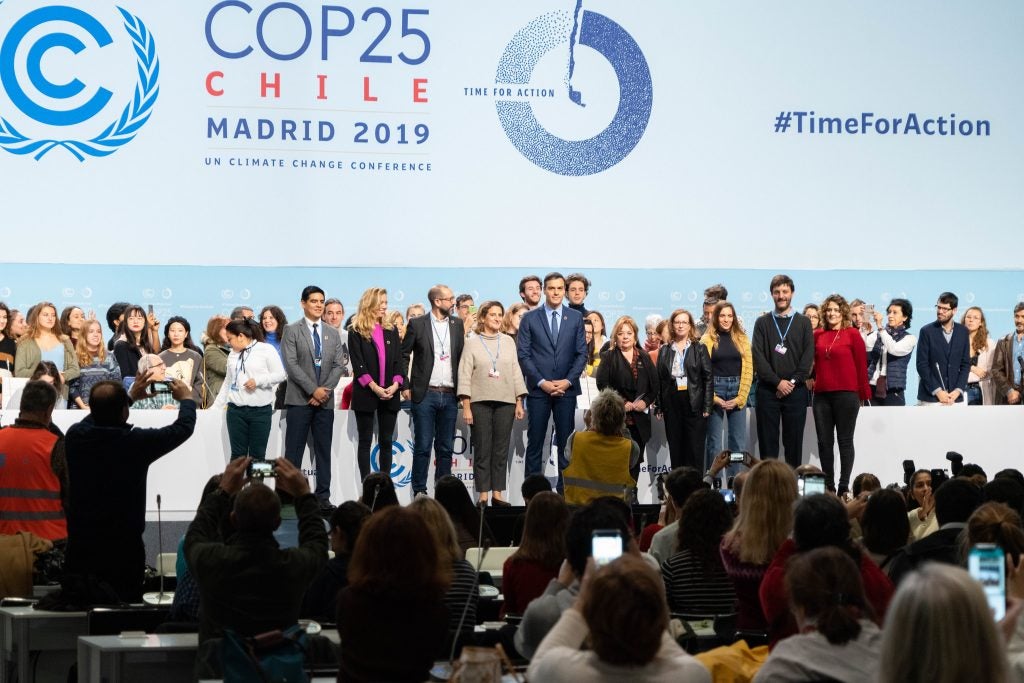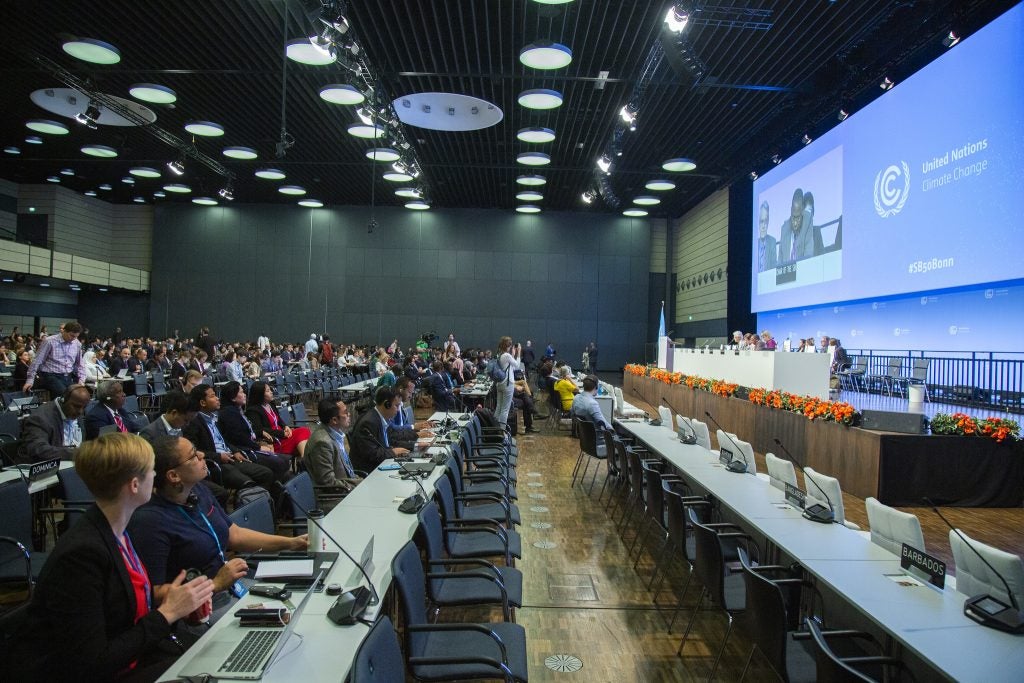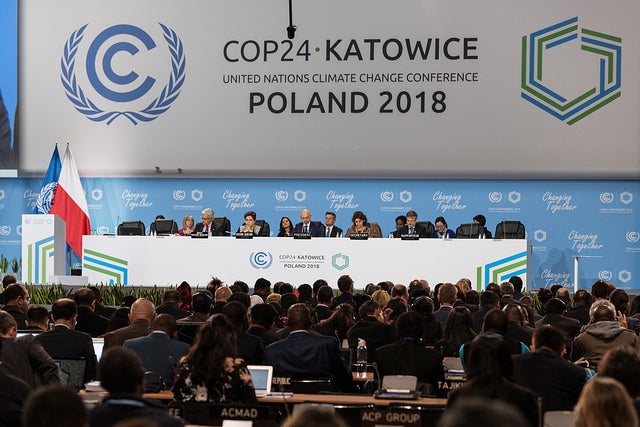The voluntary carbon market has been in a flurry in the past year to define integrity and quality for carbon credits. Between the recently released Core Carbon Principles from the Integrity Council for the Voluntary Carbon Market, to the Claims Code of Practice from the Voluntary Carbon Market Initiative, we now have more guidance and insight than ever before to guide carbon crediting programs and project developers toward high quality and integrity.
But the question remains: are companies willing to spend more for higher-quality carbon credits, as they seek to credibly achieve their climate goals? Little research exists to quantify the preferences of carbon credit buyers themselves—which credit attributes they prefer, how much they are willing to pay for them, and which qualities they consider must-haves. Understanding these preferences – and what shapes them – can help reveal pathways to a higher-quality voluntary carbon market, including by better directing carbon credit suppliers’ investments, as well as guiding interventions by standard setters and civil society organizations to where they are most needed.
To better understand carbon credit buyer preferences, Boston Consulting Group (BCG), with contributions from EDF, surveyed nearly 500 company leaders in charge of voluntary carbon credit purchases for their companies. The results are now in: the new study found that buyers across market segments are willing to pay significantly more for credits with demonstrably high quality. Read More














